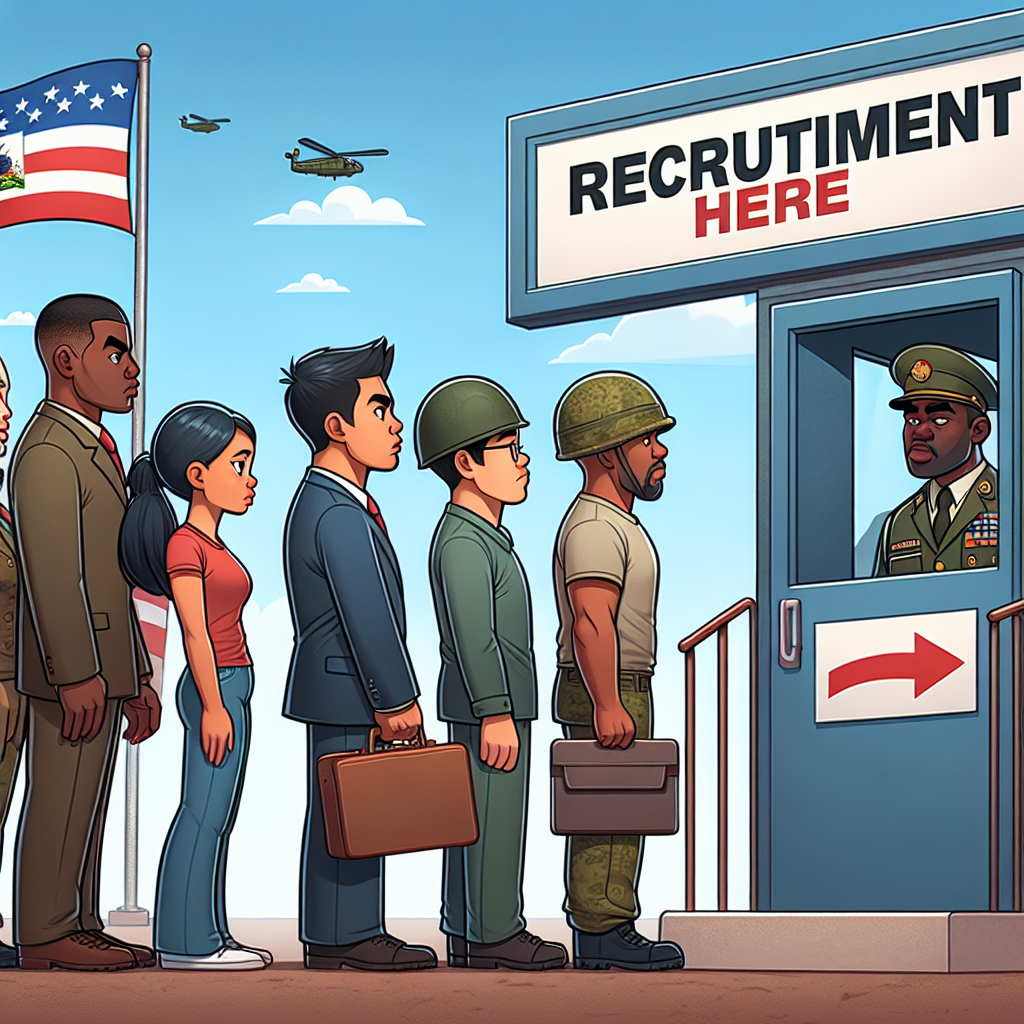Haitians Left Hopeless Amid Continued Violence and UN Interventions
As global leaders convene at the United Nations to discuss ways to combat Haiti's gangs, many Haitians are losing faith in international intervention. Despite the deployment of police from Kenya and Jamaica, gang violence remains rampant. Past UN missions have left a legacy of controversy, further complicating potential solutions.

As world leaders gather at the United Nations this week to address the escalating gang violence in Haiti, Haitians themselves are growing increasingly skeptical about international efforts to restore order.
Despite a UN-backed force comprised of 400 Kenyan police officers and around 24 Jamaican officers, the gangs controlling much of Haiti continue to operate with impunity. Since the 2021 assassination of President Jovenel Moise, the country has been in turmoil, and current discussions have yet to yield a concrete path forward.
The United States has suggested sending another UN peacekeeping force, but this idea was met with resistance due to past controversies involving cholera outbreaks and cases of sexual abuse linked to UN troops. To avoid such tensions, Kenyan forces were deployed, with Kenyan President William Ruto expressing openness to expanding into a larger UN mission during his recent visit to Haiti.
However, a recent UN human rights report indicated that gang violence is still spreading, and the Haitian police lack sufficient resources to tackle the issue effectively. This has left many Haitians, like 39-year-old Mario Canteve, disillusioned with international intervention, doubting it can bring meaningful change.
Local vigilante groups have formed out of desperation, reflecting the deep sense of hopelessness among everyday Haitians about the future. The idea of an election offering a solution remains contentious, given the current security landscape. Haitians have not participated in general elections since 2016, and recent efforts to prepare for elections face significant obstacles, primarily the ongoing violence.
(With inputs from agencies.)










